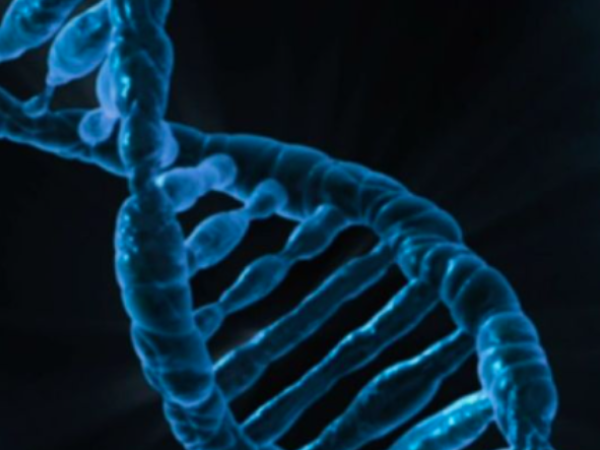Scientists have made a DNA repair discovery that could reverse the affects of ageing.
The discovery could lead to a drug to fight cancer, Alzheimer’s, and even improve the health of astronauts.
The team of researchers developed the drug after discovering a vitamin called NAD+ was responsible for the signalling process in DNA repair and cell ageing.
Scientists said that when experimenting on mice, they were given an NAD+ booster called NMN, which resulted in their cells being better at repairing DNA damage caused by radiation exposure and ageing.
Harvard and UNSW professor, David Sinclair, told ABC News that the discovery is an exciting breakthrough for humankind.
“We took old mice that were 20 months old which is equivalent to a 60-70 year-old human and we gave them NMN and we found that… many aspects of ageing were reversed,” he said.
“Essentially every aspect of their ageing process that we looked at is reversed in about a week so we’re very excited to see if this actually happens in people when we test it in the next couple of months.”
#news #RT DNA repair discovery could lead to drugs to reverse ageing: A drug to reverse ageing and treat cancer may be a step closer… #world pic.twitter.com/7aBsQ4CB6C
— FlaShBloG (@FlaShBloGWorld) March 23, 2017
The discovery has caught NASA’s attention, which is considering the drug for astronauts.
Even on short missions, astronauts experience accelerated ageing from cosmic radiation, resulting in muscle weakness, memory loss and other symptoms.
Survivors of childhood cancers are also hoped to benefit from the new discovery.
Colleague of Professor Sinclair, Dr Lindsay Wu, told the Daily Mail that 96 per cent of childhood cancer survivors suffer from a chronic illness by the age of 45.
Illnesses include cardiovascular disease, Type 2 Diabetes, Alzheimer’s disease and cancers unrelated to the original cancer.
“All of this adds up to the fact they have accelerated ageing, which is devastating,” Dr Wu said.
“It would be great to do something about that, and we believe we can with this molecule.”
Professor Sinclair and Dr Wu are now working on making NMN into a drug substance, with human trials set to start in Boston in the next six months.






